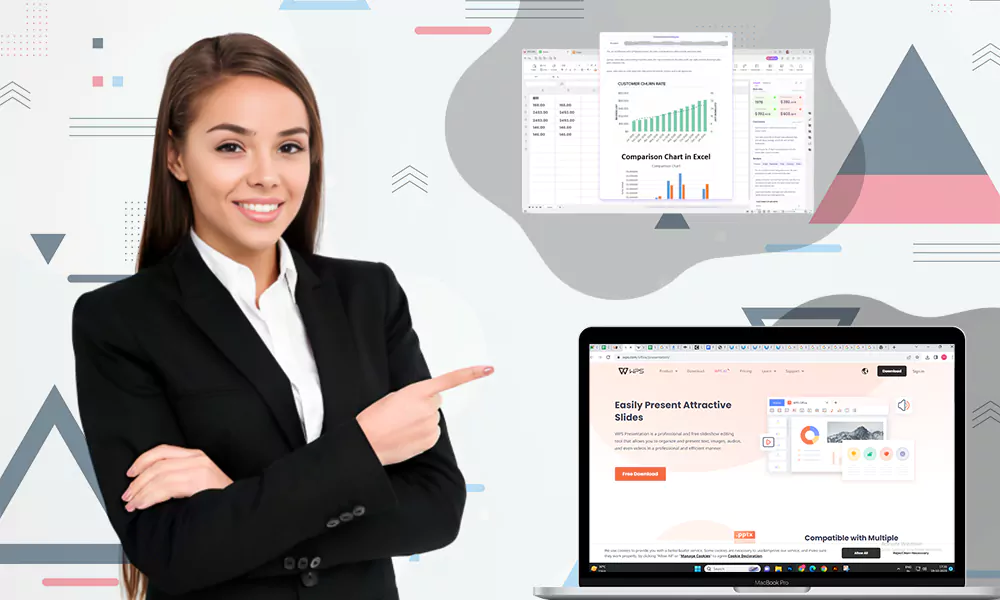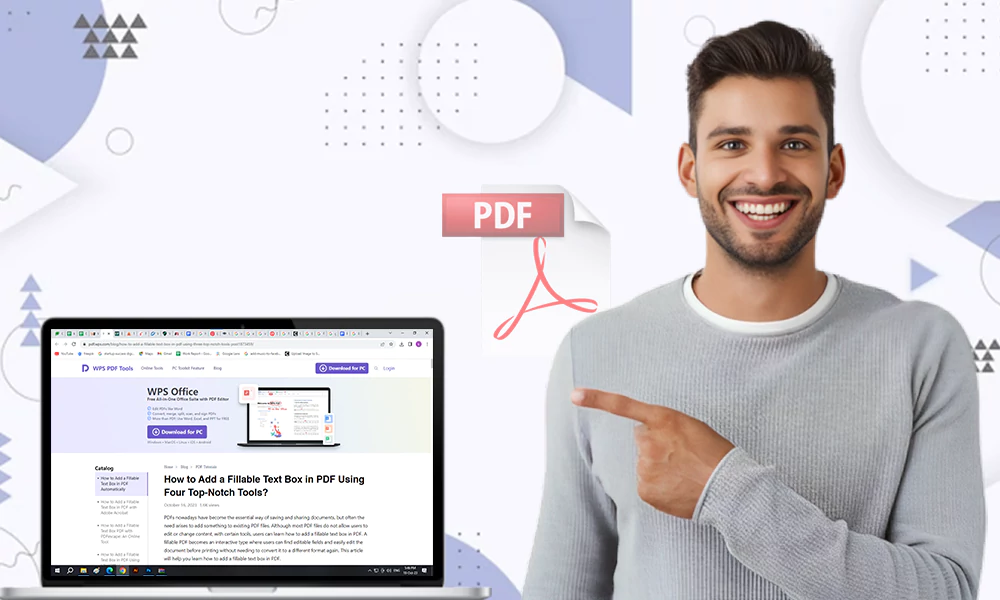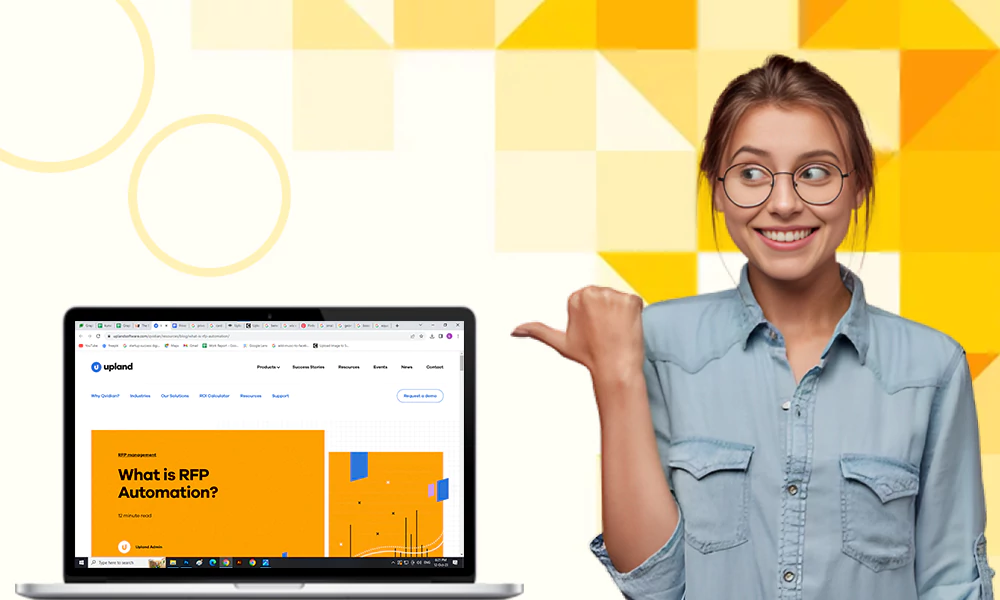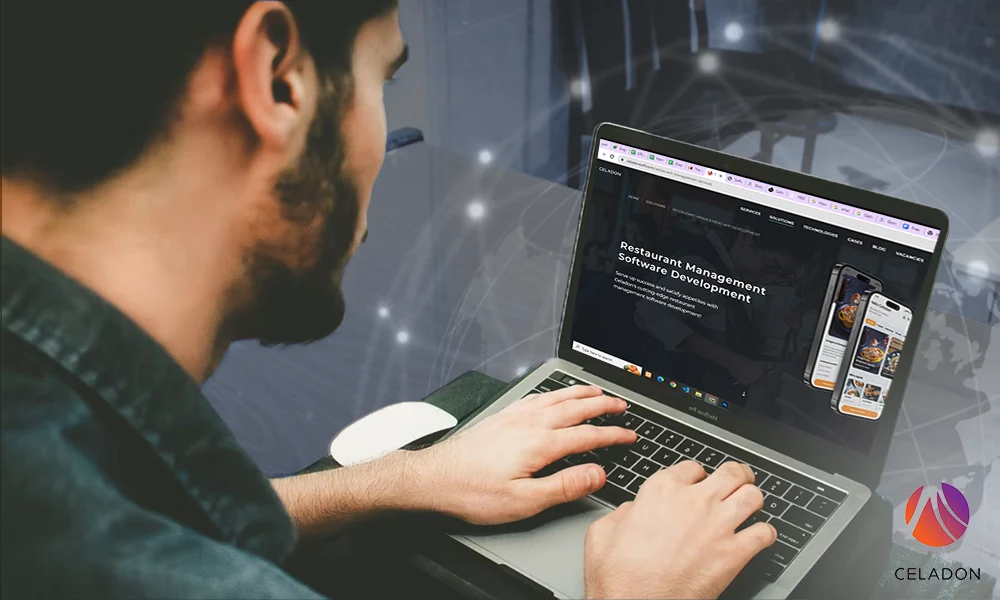Mitigating Real Estate Risks: The Role of Landlord Management Software in Effective Property Management
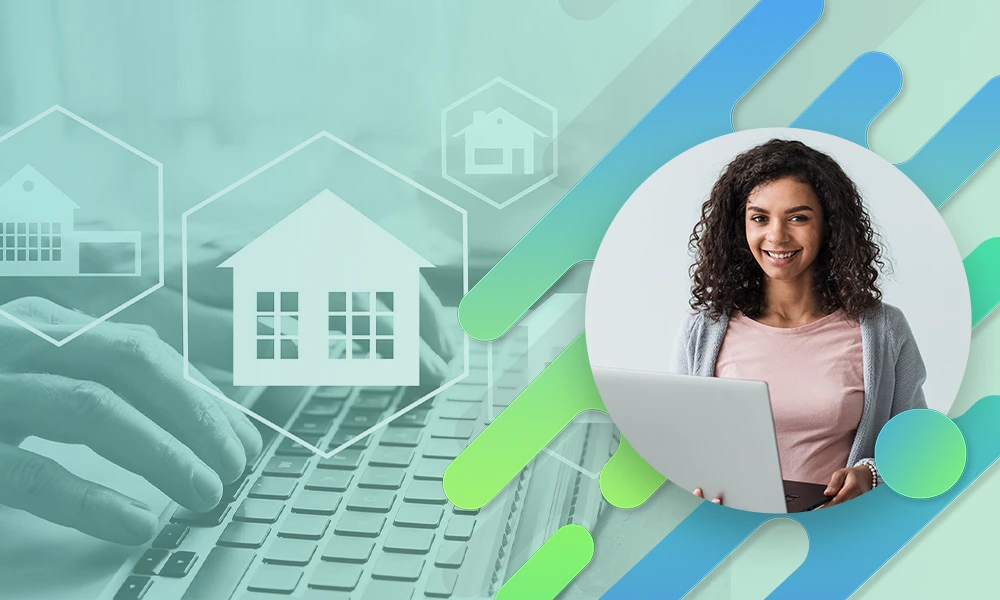
The profession of being a property manager can be challenging as various responsibilities such as managing tenants, handling maintenance and repairs, dealing with finances, and many more are weighted over your shoulders.
However, with the advent of technology, many have started utilizing the power of AI when synergized with landlord management software, transforming the landscape of risk management.
From enhancing tenant screening processes to optimizing maintenance schedules, the capabilities of these technological platforms, in combination with other useful landlord tools, are transformative.
They bring forth an era where the unpredictability of real estate investments is significantly diminished, allowing stakeholders to operate with heightened confidence and foresight.
Understanding Property Management Risks
As a landlord, you must know that property management involves a multitude of risks that you need to navigate to safeguard your investments and ensure renter satisfaction.
These include physical property risks, such as the potential for physical damage to the property, and tenant-related, administration, market risks, and legal conflicts.
Physical property risks may involve insurance and regular inspections to mitigate the prospect of damage, on the other side tenant-related risks can be managed through detailed contracting and regular property inspections.
Therefore, a thorough risk assessment is vital to maintain the value of the property and ensure smooth operations.
In this way, you can gain a comprehensive understanding of the potential prospects associated with your properties and take proactive measures to mitigate these problems.
For example, regular inspections and legal compliance can help minimize physical property risks by being careful in due diligence, and avoiding misleading statements can assist in addressing legal conflict.
Role of Property Management Software in Risk Mitigation
Property management software is an essential tool that empowers you to proactively identify, address, and mitigate various risks in real estate supervision, enhancing the overall operational efficiency of landlords and property managers.
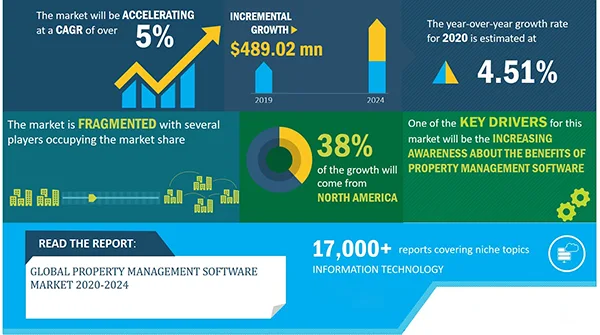
Streamlining Operations with Automated Tools
Landlord management software excels in automating routine tasks which automation extends to major areas such as rent collection, maintenance requests, and lease renewals, ensuring timely and error-free operations.
These automated processes can allocate your time and resources to more strategic tasks, such as property acquisition and tenant relations.
In this way, this software provides an integrated platform for financial oversight, meticulously tracks income and expenses, generates detailed financial reports, and aids in budgeting.
This comprehensive financial oversight is indispensable for you aiming to maximize your property investments.
Also, it enhances tenant communication through automated notifications and digital communication channels.
This ensures that rentals receive timely updates regarding maintenance schedules, policy changes, or rent reminders.
This proactive communication fosters a positive landlord-tenant relationship, pivotal for long-term tenancy.
Enhancing Tenant Screening Processes
Landlord management software facilitates in-depth analysis of rental history and credit reports, thereby enabling you to make informed decisions.
This software integrates advanced algorithms that meticulously assess credit scores, rental history, and even criminal records, ensuring a thorough background check.
In this way, you are empowered to discern the reliability and financial stability of tenants who are looking for apartments for rent with unprecedented precision.
After this it streamlines the application process, ensuring that all applicants are evaluated using a consistent set of criteria.
This uniformity is vital in mitigating the risk of unintentional bias or legal complications arising from inconsistent screening processes.
Also, it often includes features for verifying references efficiently, further enhancing the robustness of the tenant screening process.
Efficient Handling of Maintenance and Repairs
Tenants can report issues directly within the system through an integrated communication platform, allowing for immediate notification to the landlord or property manager.
This promptness not only improves tenant satisfaction but also mitigates the escalation of minor problems into major repairs.
It also offers a centralized repository for all maintenance records and documentation.
This feature is invaluable for tracking the history of repairs, scheduling regular maintenance, and efficiently managing multiple properties.
It aids in financial management by keeping a detailed record of maintenance expenses, which is essential for budgeting and tax purposes.
In addition, it often includes a network of vetted service providers. This facilitates the quick selection of qualified professionals for repair work, ensuring quality and reducing the time spent on sourcing and vetting contractors.
Leveraging Artificial Intelligence (AI) in Risk Management
The integration of Artificial Intelligence (AI) in risk management has the potential to revolutionize the way you mitigate prospects in real estate.
You can analyze vast amounts of data to predict demand, optimize logistics, and identify inefficiencies in the supply chain by leveraging AI.
For example, artificial intelligence can be used to predict market trends and identify potential disruptions, allowing you to proactively address any issues that may arise, ultimately reducing the impact of market risks on their real estate investments.
It can also enhance risk management by increasing responsiveness, reducing waste, and improving collaboration and customer satisfaction.
For instance, AI-powered software can analyze historical data to predict maintenance requirements, allowing you to address potential physical property risks before they escalate.
It can aid in tenant-related prospects by analyzing their behavior patterns and identifying potential issues before they become significant concerns, thereby contributing to a more proactive approach to risk mitigation in real estate supervision.
Do You Know?
Property management can be a 24/7 job, as emergencies and maintenance issues can arise at any time, requiring prompt attention and action.
Future of Risk Management and Property Management Software
As technology continues to advance, property management software will play a pivotal role in helping you adapt to evolving risk landscapes and effectively mitigate potential challenges in your property oversight endeavors.
It is likely to evolve to offer user-friendly interfaces and customizable features that cater to the unique needs of landlords, property managers, and tenants, thereby enhancing collaboration, communication, and customer satisfaction.
The software’s capacity to streamline communication and address rental concerns promptly may contribute to reducing tenant-related risks and improving overall holder satisfaction and retention rates.
Also Read: Benefits of Hiring the Best Property Management Team







